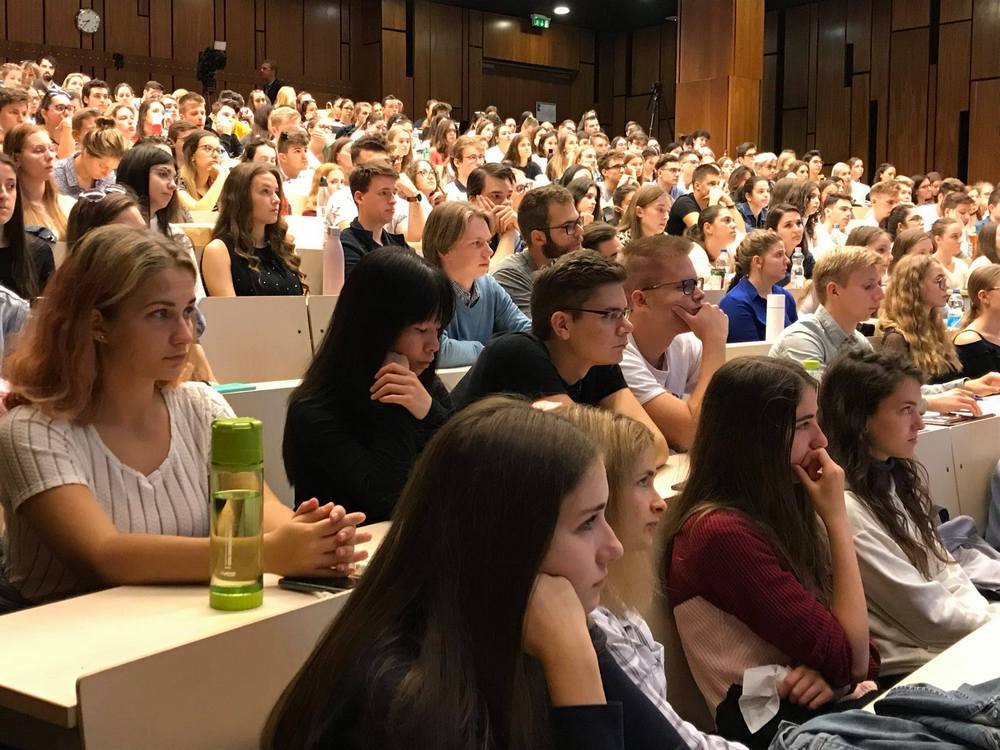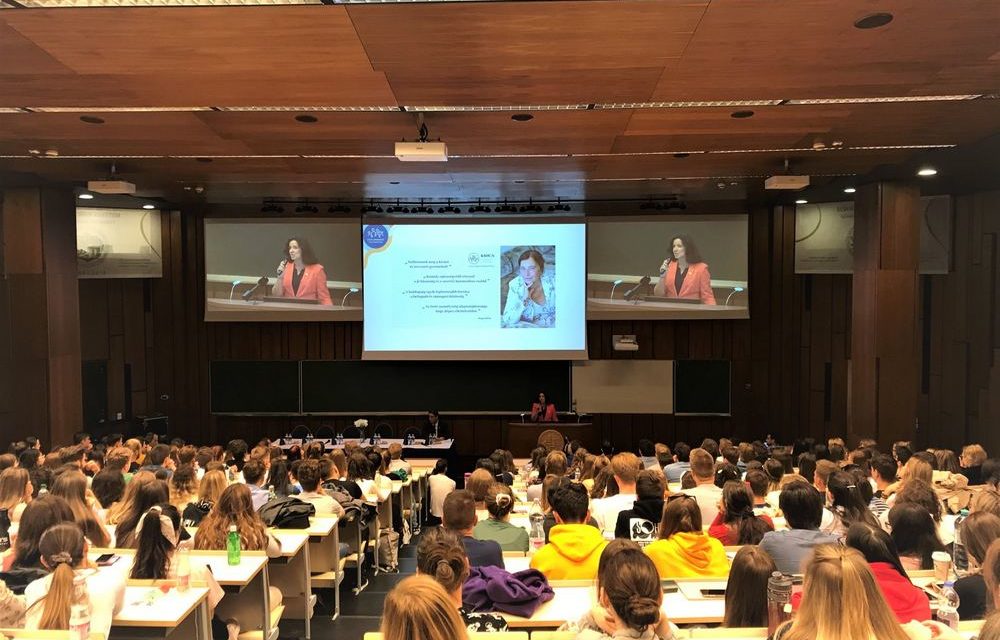The majority of Hungarian universities are committed to implementing a family-friendly approach - emphasized the president of the Mária Kopp Institute for Population and Families (KINCS) on Thursday at the summer university program of Semmelweis University (SE).
Tünde Főrész said that the essence of a family-friendly university is that for lecturers, students and employees career, study and employment should not conflict with having children. Several universities have also been recognized as family-friendly workplaces, he indicated. As examples of good practices, he mentioned the operation of university nurseries and kindergartens, part-time employment, child care options, and from the students' point of view, flexible, family-friendly course enrollment and examinations.
Turning to the scientific cooperation between KINCS and universities, he recalled, among other things, the launch of an interdisciplinary family studies course at SE, adding that they also cooperate in the field of fertility awareness. "More and more courses are being launched at universities in which family science and the issue of families appear," he said, with 19 professors from nine Hungarian universities taking part in the KINCS family science professional college.
In his presentation, Tünde Fűresz explained in detail the family support discounts that can be used by higher education students, including the graduate allowance, the tax discount for first married couples, the family home creation discount (csok), student loan forgiveness, as well as the personal income tax exemption for those under 25, which will be available from January 2022 applicable.

Photo: Mária Kopp Institute for Population and Families Facebook page
In Hungary, every fifth or sixth couple is affected by difficulties in adopting a baby, infertility, and almost every couple over the age of 35 has difficulty having a child, he said.
He reported on the results of a survey of young people between the ages of 21 and 35: most of them plan to have their first child at the age of 30. 56 percent of the respondents were well aware of the difficulty of expecting a baby for couples, but at the same time, he pointed out, the success of bottle feeding programs was assumed to be better than it actually is.
MTI
Photo: Mária Kopp Institute for Population and Families Facebook page













